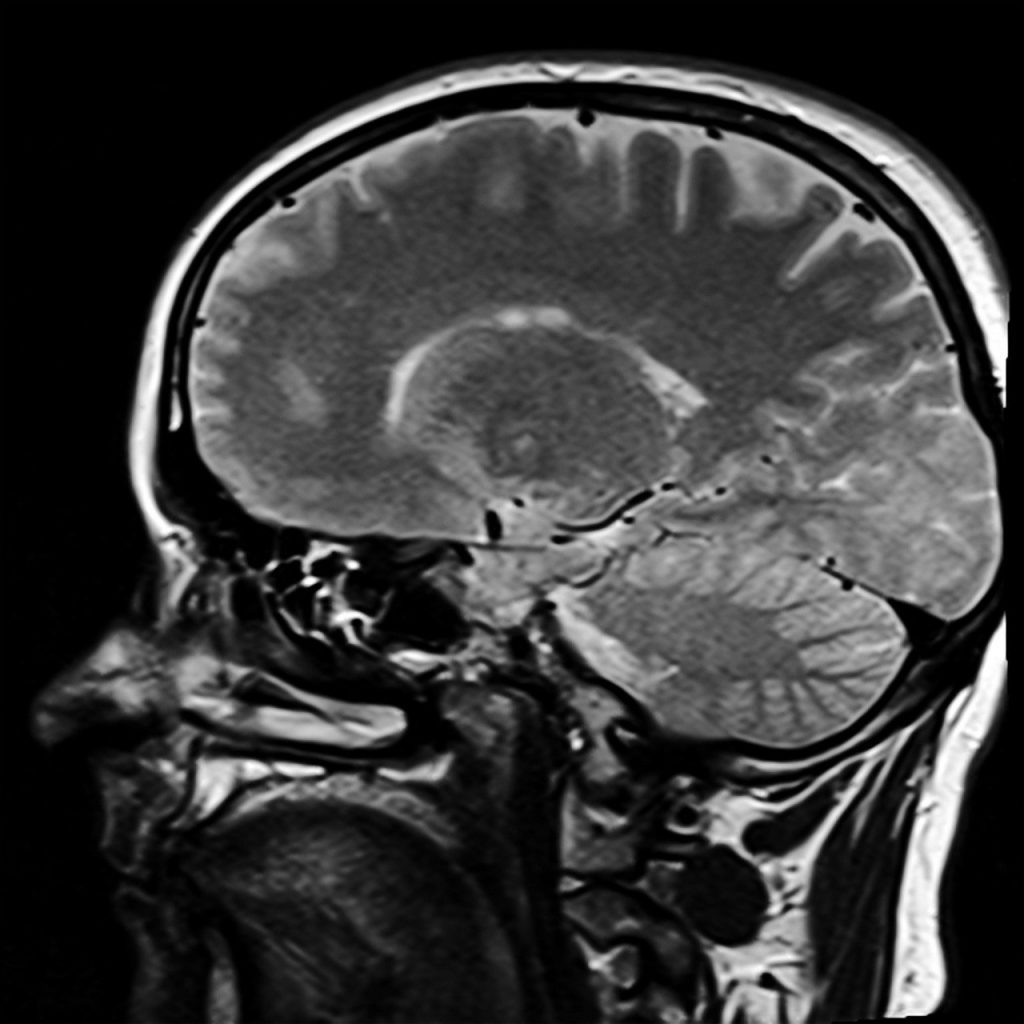Epilepsy Negligence
October 22, 2021
Epilepsy is a common neurological condition that affects the brain and causes seizures. Epilepsy can start at any age, but usually starts either in childhood or in people over 60. It’s often lifelong but can sometimes get slowly better over time. It can be dangerous if seizures are not managed. Due to this, cases of epilepsy negligence can be common.
What is Epilepsy?
In epilepsy, the electrical signals in the brain become scrambled and there are sometimes sudden bursts of electrical activity. This is what causes seizures.
In most cases, it’s not clear why this happens. It’s possible it could be partly caused by your genes affecting how your brain works, as around 1 in 3 people with epilepsy have a family member with it.
Occasionally, epilepsy can be caused by damage to the brain, such as damage from:
- Strokes
- Brain tumours
- Severe head injuries
- A brain infection
- Lack of oxygen during birth
Epilepsy Negligence
The main causes of epilepsy negligence we see at The Medical Negligence Experts are delays in diagnosis or misdiagnosis, and incorrect or inappropriate treatment.
Misdiagnosis and Delays in Diagnosis
When someone receives an epilepsy diagnosis, it can be serious enough. However, if there are delays in this diagnosis it can be even worse. Delays in diagnosis can mean that a person suffers far more than they would if the condition was diagnosed earlier. They can also mean that they experience delays in treatment. Because epilepsy is a lifelong condition, the sooner a person starts treatment, the better they can manage the condition.
Delays in diagnosis and misdiagnosis can be especially serious in epilepsy. This is because the condition can be dangerous a person does not manage it correctly. Early and correct diagnosis is key to this; this way, the person has the correct treatment and knowledge early on.
Incorrect or Inappropriate Treatment
Incorrect or inappropriate treatment occurs when a patient receives the wrong type or dose of medication. Instead of aiding their treatment and reducing their symptoms, the effects of medication errors can range from merely annoying to being fatal. When an error occurs, there can be allergic reactions, dispensing errors, and exacerbation of injuries
These can affect patients in both the short term and the long term.
Examples of incorrect medication include:
- Receiving a prescription with an incorrect dosage
- Prescribing medication initially to which a patient has a known allergy
- Dispensing too much medication, leading to an overdose
- Dispensing an inadequate dose, leading to delays in a patient’s recovery
- Not consulting medical records
Those who prescribe, dispense, and administer medication should follow a standard procedure designed to prevent errors. However, when staff do not follow these procedures for whatever reason, prescription error compensation may be the only option.
How We Can Help with Epilepsy Negligence
Here at The Medical Negligence Experts we work with solicitors who have years of experience dealing with medical negligence claims. This includes epilepsy negligence. Contact us today by filling in our contact form. Or call us on 01614138761 to speak to one of our friendly knowledgeable agents.

